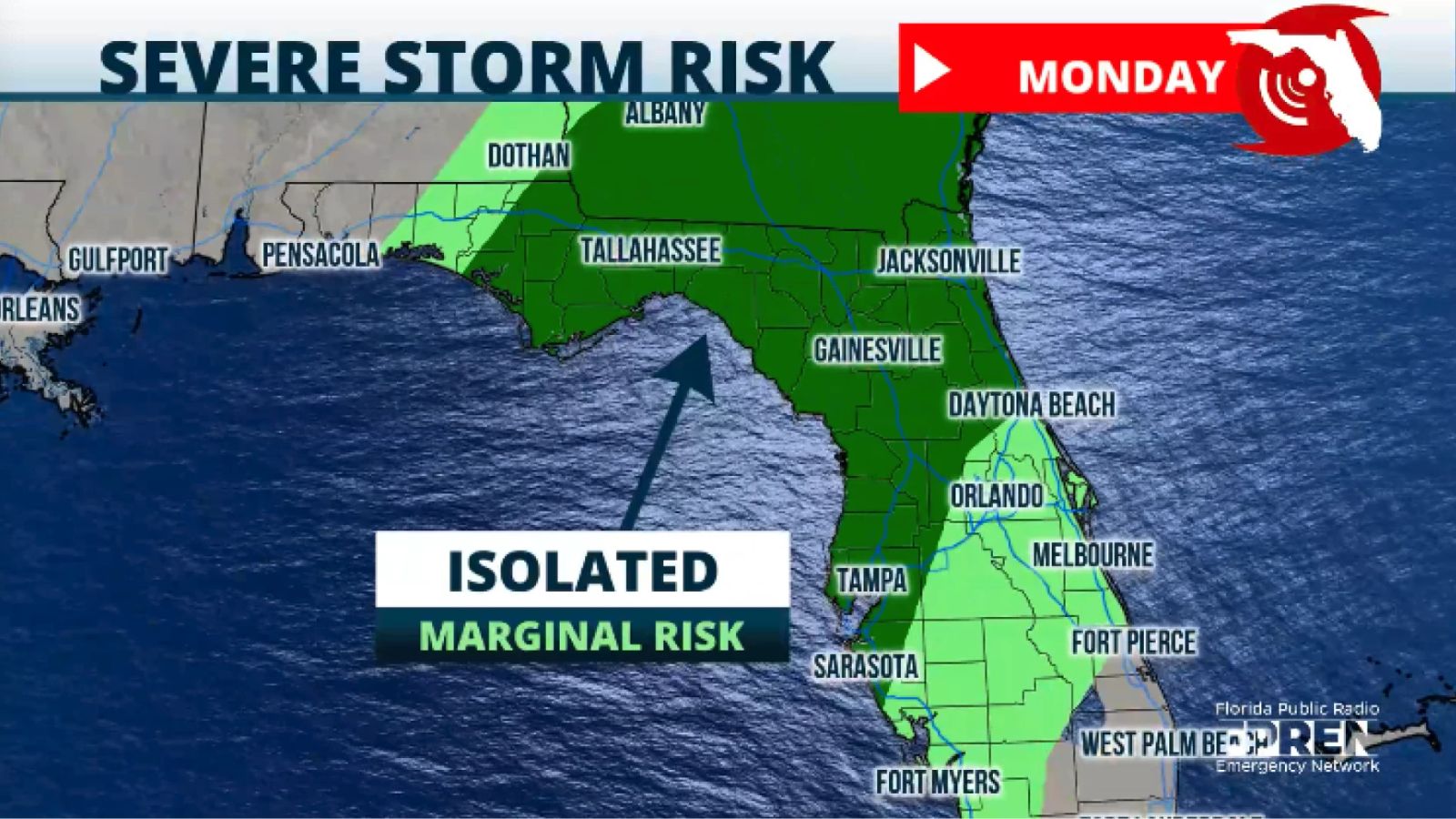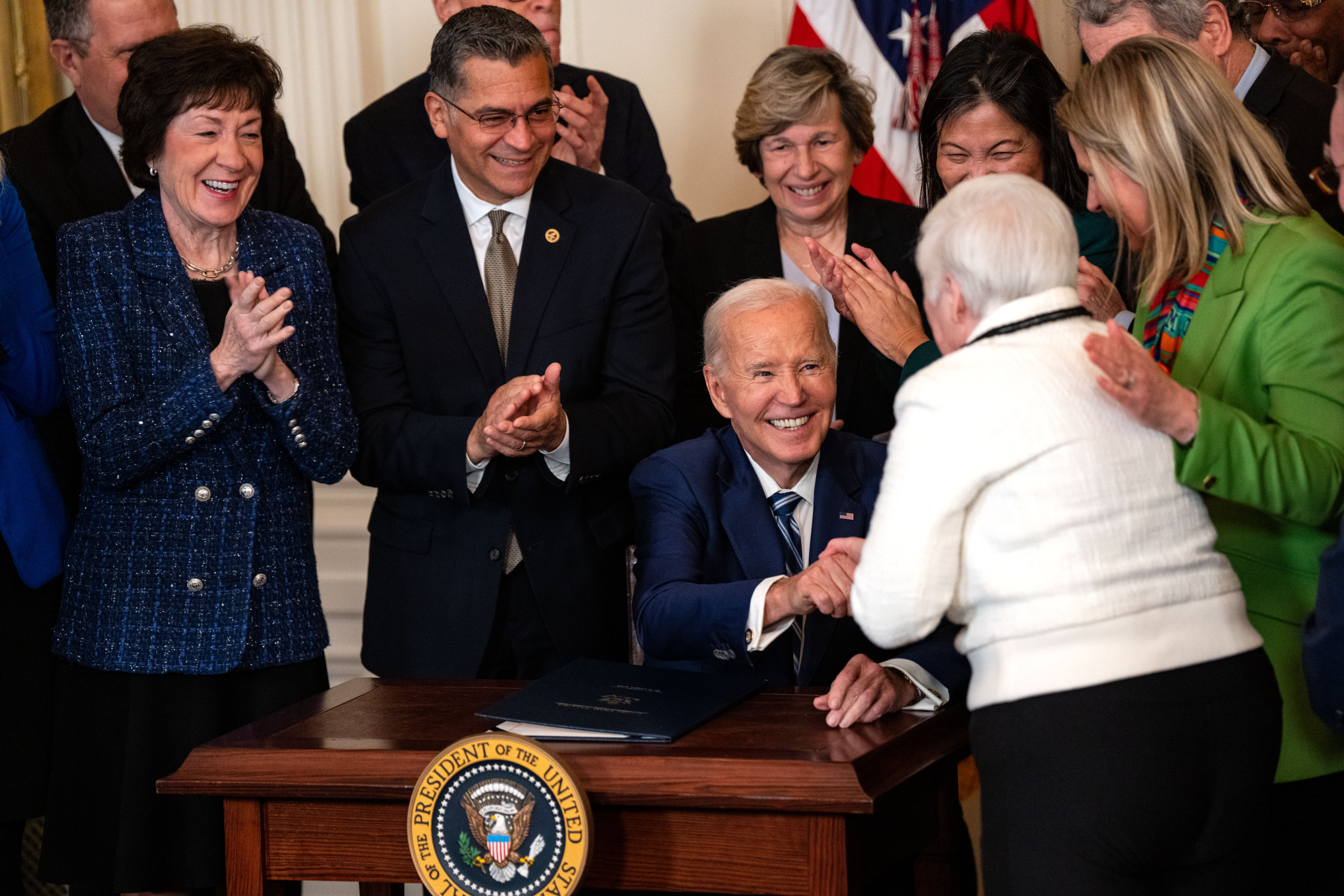Parental leave in the U.S. could be reaching a turning point as major employers revise their provisions for expecting families.
Why It Matters
Paid parental leave benefits serve to support and retain working parents, especially mothers, after a baby is born. Policy groups, lawmakers and everyday workers have been pushing for increased maternity and paternity benefits for years.
While the law changed under the last Donald Trump presidency to offer federal employees up to 12 weeks of paid leave after having a child, private sector workers are not afforded the same privilege, with 12 weeks of unpaid leave mandated by federal law.
What To Know
Several companies are offering new and improved paid leave in the postpartum period. Starbucks recently announced it would more than double paid parental for birth mothers increasing from six to 18 weeks. Non-birthing parents will get 12 weeks off work on full pay.

In 2024, Citi Bank announced it would immediately implement 16 weeks of paid leave to all new parents, plus up to an additional eight weeks of paid recovery time for birth mothers. Nike also extended its offering to 16 weeks, up from eight weeks, last year.
Data from the Bureau of Labor Statistics shows that only about 1 in 4 U.S. workers (24 percent) in the private sector can access paid family leave. And not all offerings are made equal: only nine percent of the largest U.S. companies offer paid leave of 12 weeks or more to both parents, according to a 2023 report from JUST Capital.
The impacts are clear, and a lack of salaried leave doesn't just negatively affect existing employees. In a 2023 study conducted by recruitment firm Monster, nearly a third of women said they would consider declining a job offer because of inadequate parental leave.
Having more time off to spend with a child is paramount in the youngster's development as well. Research indicates that extended paid parental leave is linked to lower infant mortality rates, higher breastfeeding rates, greater involvement of non-birth parents in child care and a reduced risk of depression and other mental health challenges in parents.
Despite this, the U.S. significantly lags behind other advanced economies when it comes to providing for new parents. According to the JUST Capital report, the U.S. is one of only seven countries in the world without legally mandated paid maternity leave, and one of 83 that does not guarantee paid paternity leave.
In Norway, mothers are paid for 54 weeks on 96 percent of their usual salary. In the U.K., mothers get 90 percent of their average weekly earnings for up to six weeks, then are paid a statutory amount up to 39 weeks postpartum.
Looking Up at the State Level
Certain states are introducing legislation that requires parents to be paid after a child is born. California was the first state to enact a Paid Family Leave for workers in 2002, and from January 1, 2025, the rate increased to up to 90 percent of wages for workers making less than $63,000 per year and 70 percent for those on higher incomes.
Some 13 states have passed paid family and medical leave laws: California, Colorado, Connecticut, Delaware, Maine, Massachusetts, Maryland, Minnesota, New Jersey, New York, Oregon, Rhode Island and Washington state, along with Washington, D.C. Georgia and Pennsylvania expanded their offerings in 2024.
What People Are Saying
Camron Dowlatshahi, a partner at the Los Angeles-based firm MSD Lawyers LLP, told Newsweek: "Employers are increasing their parental leave in response to employee demand and the nation's progression to match the norms abroad. For years, the United States has lagged significantly in terms of parental leave, as compared to its Western counterparts. This has caused widespread burnout, gender inequality and overall employee dissatisfaction, which has impacted productivity and, ultimately, growth for businesses."
"Businesses and the federal government have traditionally strayed away from mandating parental leave in order to maximize worker productivity, but the data has consistently shown that workers need time off and to feel as if their employer cares about them in order to buy in, work hard and ultimately help grow a company. Companies need happy and hardworking employees to survive and parental leave is vital for those efforts."
Tamanna Ramesh, founder and career coach at Spark Career Services, told Newsweek: "The U.S. has lagged in this area due to a historical emphasis on market-driven solutions over government mandates. However, as the workforce evolves, there is growing recognition that comprehensive family policies are essential not just for employees but for building a future-ready workforce."
What Happens Next
Whether other private companies will follow suit and make changes to their leave policies remains to be seen, but action is happening at the state level. According to a 2024 report by Forbes, the 13 states and District of Columbia will support paid family and medical leave by 2026.

















:quality(85):upscale()/2024/04/24/878/n/3019466/36c5693c662965c5d1ce91.72473705_.jpg)


 English (US) ·
English (US) ·